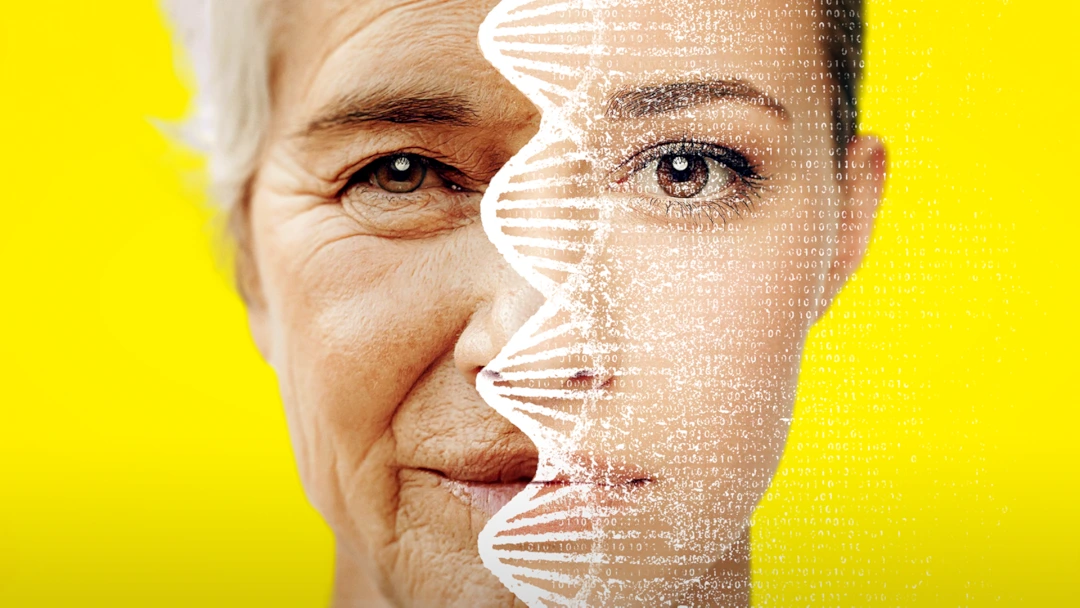‘Longevity Hackers’ Explores the Science of Living Longer

With longevity trendier than ever before, the new show dives into the science of living longer, healthier lives
Aging is inevitable has long been an accepted truth, but recent longevity breakthroughs have challenged this assumption. In the wellness community, a growing movement is focused on extending not just lifespan but healthspan, or the years spent in good health. Longevity Hackers, a new documentary narrated by Edward Norton, delves into these advancements, offering viewers insights into the science and practices that could redefine aging. Now streaming on Apple TV and Amazon, the film features leading experts and figures who are pushing the boundaries of what it means to grow older.
Produced by Ruben Figueres and directed by Michal Siewierski, Longevity Hackers examines the latest research on aging, the technologies accelerating change, and the everyday choices that can make a significant difference in longevity. With the global longevity market expected to surpass $600 billion by 2025, the documentary is well-timed with the explosive growth of the category.

Living Longer, Living Well
The longevity movement is not new, but it has grown more mainstream in recent years as figures like Dr. David Sinclair, author of Lifespan: Why We Age and Why We Don’t Have To, and Dr. Peter Attia, a longevity physician and host of The Drive podcast, have brought these ideas to the forefront.
Joining this chorus in Longevity Hackers are voices like entrepreneur and investor Peter Diamandis, biohacker and NOVOS CEO Chris Mirabile, and endurance athlete Wim Hof. Other cultural figures tied to the movement are Tony Robbins, Mark Cuban, Tony Hawk, and Steve Aoki who explore how cutting-edge science and simple lifestyle interventions can help extend healthy years.
Advances in fields like regenerative medicine, cellular health, and wearable technology are opening new doors in the longevity space. Biological age clocks, for instance, are gaining attention as a more accurate measure of health than chronological age, offering individuals a way to track the impact of lifestyle choices on their aging trajectory.
“Biological age is becoming the premier biomarker of our health,” says Chris Mirabile in the film. “The best way to keep track of your lifestyle being conducive to longevity is with a biological age clock, specifically one that’s been proven to be both accurate and precise.”
Experts in Longevity Hackers discuss the connection between stress reduction and cellular health, the metabolic importance of quality sleep, and the role of purpose and joy in overall well-being.
“Aging affects every person, regardless of race, religion, political orientation or any other factors. The fight against aging is something that could unite humanity for a common goal,” says producer Ruben Figueres, reflecting on the universal appeal of longevity science.

Wide Appeal + Blue Zones
Longevity Hackers also comes at a time when the longevity movement is expanding beyond elite circles of biohackers and researchers to broader populations. Initiatives like the Blue Zones Project have shown how communities worldwide—such as those in Okinawa, Japan, and Sardinia, Italy—achieve remarkable longevity through social connection, plant-forward diets, and active lifestyles. With only 10% to 20% of lifespan determined by genetics, Longevity Hackers aims to inspire viewers to take proactive steps to maximize their healthy years.
Edward Norton, whose voice guides viewers through the documentary, stated, “No matter where you are from, or what your beliefs are, we can all agree that life is a gift that should be cherished. The people working in the longevity and life extension fields want to extend that gift to humanity.”



